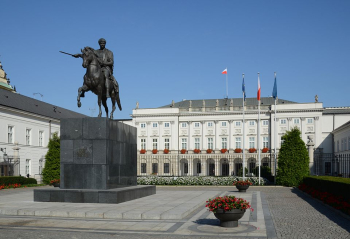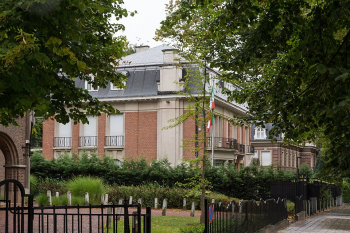
Recent findings from a comprehensive survey conducted by the YouGov institute for the Tui Foundation reveal a concerning trend among Europe’s youth: a growing
disillusionment with democracy. The study, carried out between April and May 2025, surveyed over 6,700 individuals aged 16 to 26 across seven European nations—Britain, Germany, France, Spain, Italy, Greece, and Poland. The results indicate that only 57% of young Europeans view democracy as the best form of government, with significant variations across countries. Germany stands out with the highest support at 71%, while Poland shows the lowest at just 48%, followed closely by France and Spain at 51-52%. This marks a notable decline in confidence in democratic systems among the younger generation.
The survey highlights that one in five young Europeans is open to authoritarian rule under certain circumstances, with the lowest support for democracy observed in France, Spain, and Poland. In these countries, only about half of young people believe democracy is the optimal governance model. Thorsten Faas, a political scientist from the Free University of Berlin who contributed to the study, noted that support for democracy drops significantly among those who identify as politically right-wing and feel economically disadvantaged, with only one in three in this group favoring democratic governance. This erosion of trust is particularly pronounced in Greece, where skepticism about the European Union is rooted in the lingering effects of the eurozone debt crisis, which severely impacted the nation’s economy.
Despite this skepticism, many young Europeans still express hope in the EU’s potential to foster peace, freedom of movement, and economic progress. However, Elke Hlawatschek, head of the Tui Foundation, pointed out that the European project is often perceived as unwieldy, contributing to dissatisfaction with political systems. The study suggests that economic challenges, political polarization, and a sense of disconnection from democratic institutions are driving this shift in sentiment. In Greece, for instance, there is a strong call for a fundamental overhaul of the political system, reflecting deep-seated frustrations.
This growing disillusionment poses a challenge for European policymakers. The rise in openness to authoritarian alternatives could undermine the democratic foundations of the EU, particularly as young people represent the future of the region’s political landscape. Addressing these concerns will require efforts to restore trust in democratic institutions, improve economic opportunities, and demonstrate the tangible benefits of the EU. As Faas emphasized, democracy is under pressure both internally and externally, necessitating proactive measures to reinforce its value among younger generations. Photo by Foreign and Commonwealth Office, Wikimedia commons.

















